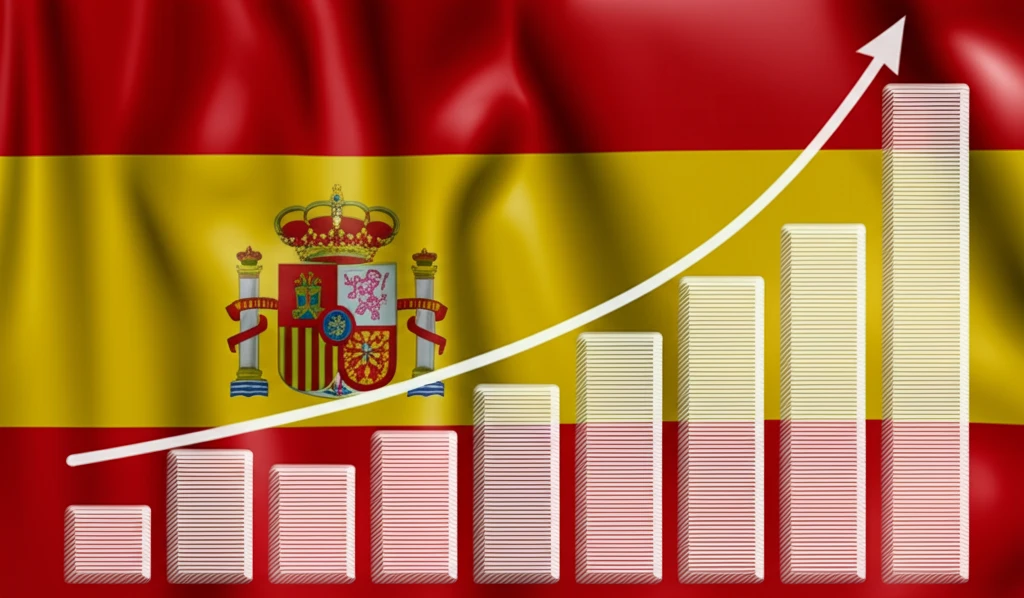
Income Inequality in Spain: How Minimum Wage Hikes Can Boost Wealth for All
"Discover how increasing the minimum wage in Spain from 2001 to 2021 not only reduced income inequality but also spurred economic growth and corporate profits."
The debate surrounding minimum wage is often heated, pitting concerns about business costs against the needs of low-wage workers. Traditional economic theory suggests that increasing minimum wage could lead to job losses and inflation. However, real-world evidence often paints a more complex picture, and a recent study in Spain reveals some surprising benefits.
For years, economists have analyzed the effects of minimum wage on jobs, prices, and economic growth. The standard argument is that higher wages increase production costs, potentially leading to higher prices. However, this assumes productivity remains constant. If productivity increases alongside wages, the inflationary pressure can be offset.
A groundbreaking study analyzing data from the Spanish Salary Census between 2001 and 2021 challenges conventional wisdom. The research indicates that raising the minimum wage in Spain not only reduced income inequality but also stimulated employment, contained prices, and boosted corporate profits. This article dives into the details of this study, exploring the data, methodologies, and implications of these findings.
Spain's Minimum Wage Experiment: A Detailed Look

The study examined the impact of Spain's National Minimum Wage (NMW) increases from 2001 to 2021. During this period, the NMW more than doubled, rising from €505.7 per month in 2001 to €1,108.3 per month in 2021. The researchers leveraged a comprehensive dataset from the Spanish Tax Administration Agency, which included data representing the entire working population, not just a sample. This provided a unique opportunity to analyze the real-world effects of minimum wage increases with exceptional accuracy.
- Income Inequality: Machine learning models indicated a clear reduction in income inequality as the minimum wage increased.
- Employment: Contrary to traditional concerns, raising the minimum wage did not lead to increased unemployment. In fact, it coincided with increased net employment.
- Prices: Price levels remained contained, suggesting that businesses were able to absorb the increased labor costs without passing them on to consumers in the form of inflation.
- Corporate Profits: Raising the minimum wage was consistent with increased corporate profit margins. This suggests that a more equitable distribution of income did not come at the expense of business profitability.
Rethinking the Minimum Wage Debate
The Spanish experience, as revealed by this study, challenges some of the fundamental assumptions about minimum wage policies. While the specific conditions of Spain's economy during the study period may not be universally applicable, the findings suggest that raising the minimum wage can be a powerful tool for promoting economic equity and growth. The study underscores the importance of data-driven analysis and careful consideration of the unique economic context when evaluating the potential impacts of minimum wage policies.
